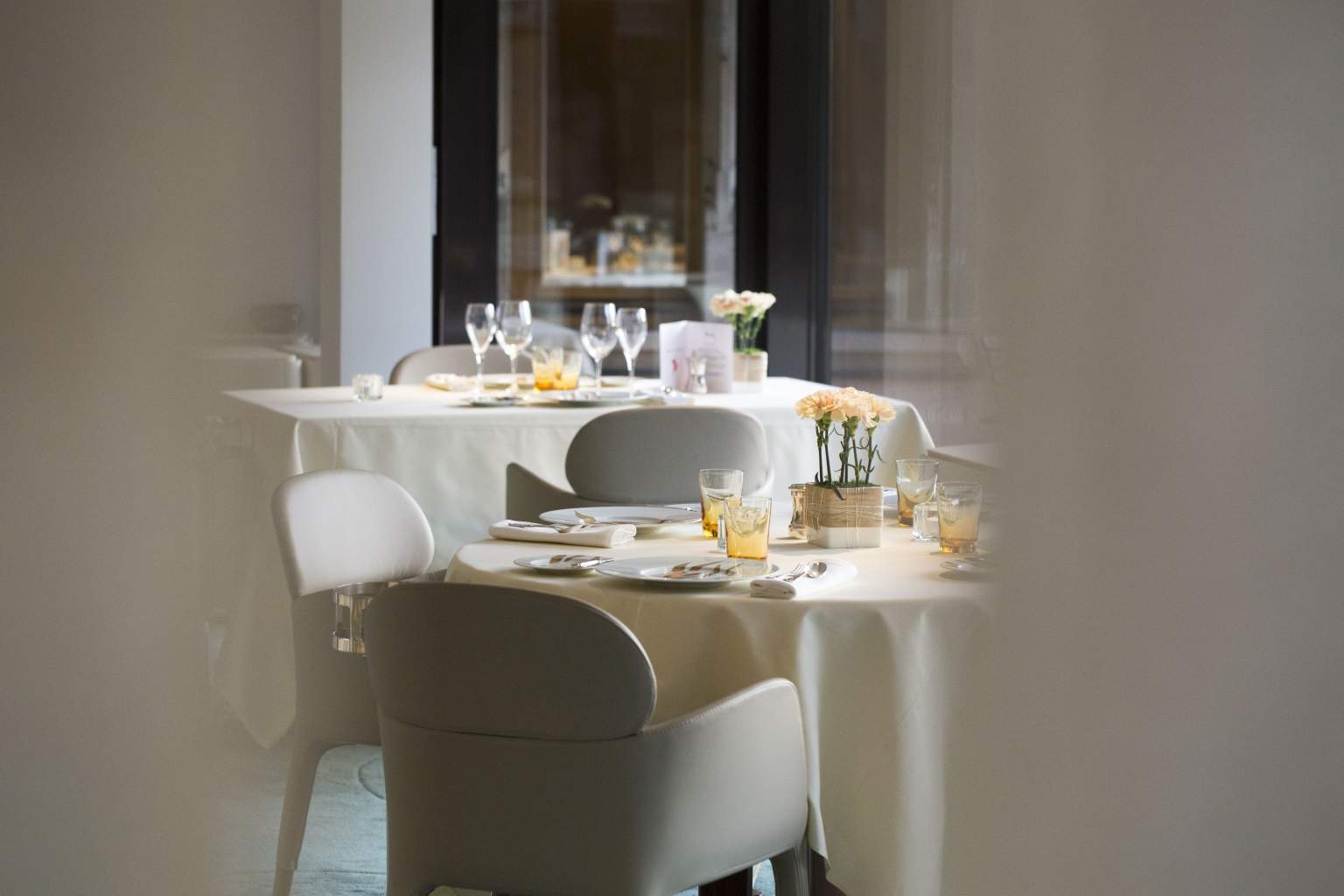Over 150 years ago...
...on the banks of the Ill, in a small village called Illhaeusern which, in Alsatian, means “Houses along the Ill”, the Haeberlin family opened a small country inn next to a farm.
They would soon enjoy the taste of the matelote with Riesling, fried fish, Chantilly meringue and fruit tarts. This inn, the Arbre Vert, was quite modest compared with the Auberge de l’Ill which succeeded it. But the food was already delicious. My great-grandmother Haeberlin was at the stove. She then passed on her apron to my great-aunt Henriette who, until her final days, taught us about the love of precise and good work. Henriette was supported by her sister in law, Marthe Haeberlin, a specialist in desserts and pastries.
During the hunting season, the menu was bolstered with hare and deer, supplied by the surrounding gamekeepers.
People came from Colmar, Sélestat and even Saint Dié and Strasbourg to try this simple and tasty local food. The Sunday customers, often people of note, were very loyal, like Mr. Peugeot, who regularly came to eat game meals. While the women were in charge of the kitchen, my grandfather Fritz was in charge of the farm and livestock. It was in this wonderful setting that the family’s two sons – Paul and Jean-Pierre – grew up.
At fourteen years old, my father Paul started an apprenticeship at the Hôtel de la Pépinière in Ribeauvillé, with Edouard Weber, former chef at the Tsar’s court in Saint Petersburg, for the King of Greece and in major bourgeois homes, including the Rothschilds.
My father was Mr. Weber’s spiritual son who detected and uncovered his talents as a great chef.
After Ribeauville, my father left to work in Paris, in two major restaurants, the Rôtisserie Périgourdine with the Rouzier brothers, and with Pocardi. He was instructed, trained, modelled and kneaded by hard and serious chefs. During this time, his brother Jean-Pierre studied at the École des Arts Décoratifs in Strasbourg in the company of Roger Muhl. Cooking did not interest him at all; he was more focused on gardening and painting, artistic tastes which were not well regarded in a rural setting where physical work reigned.


